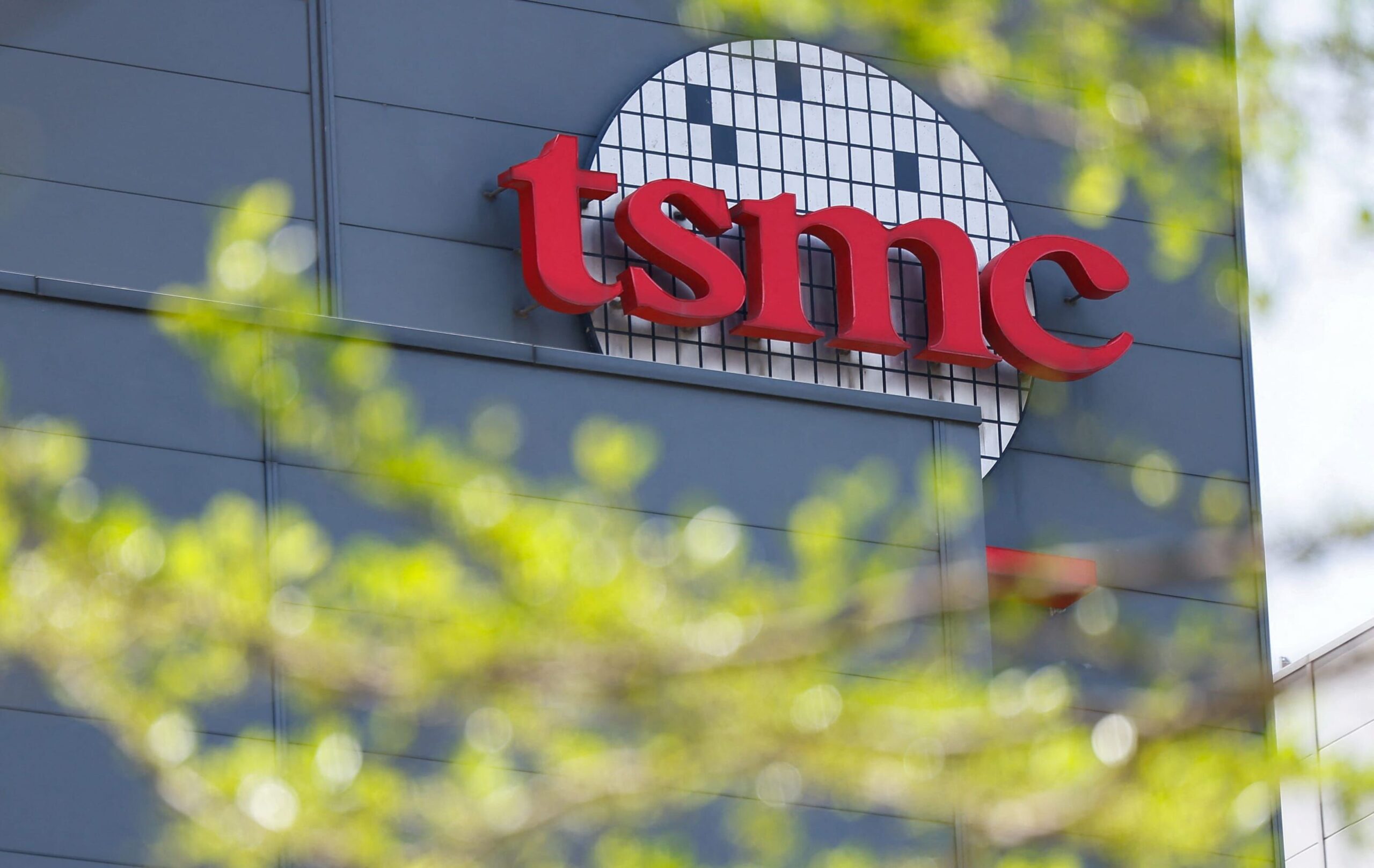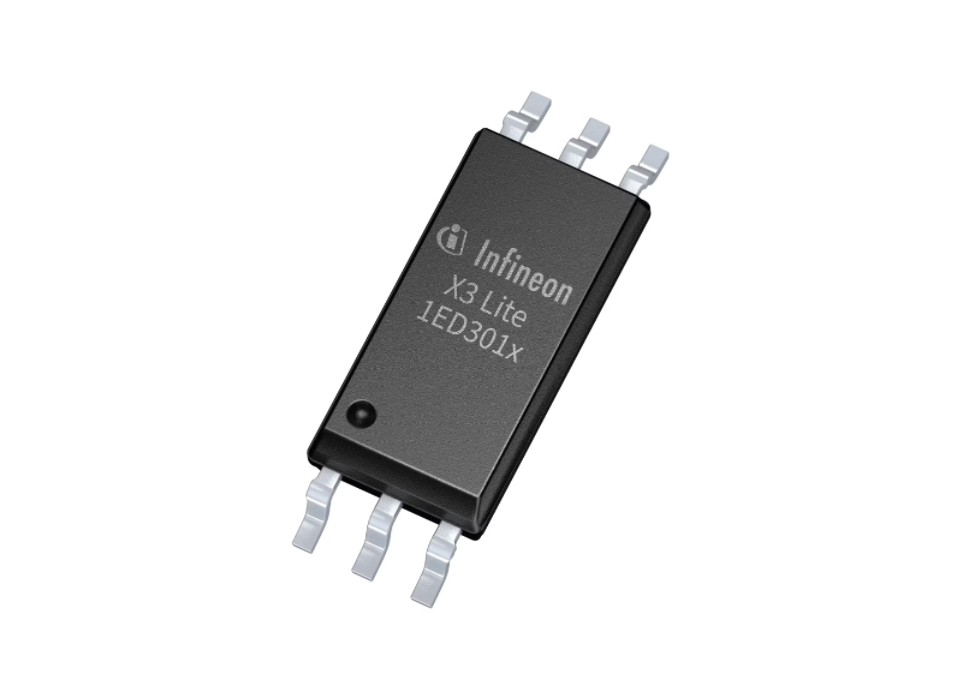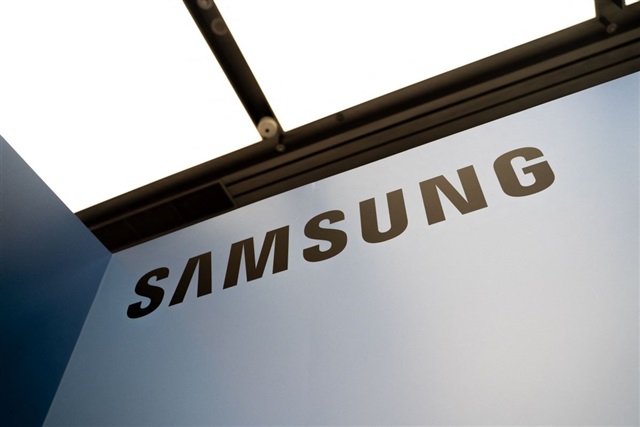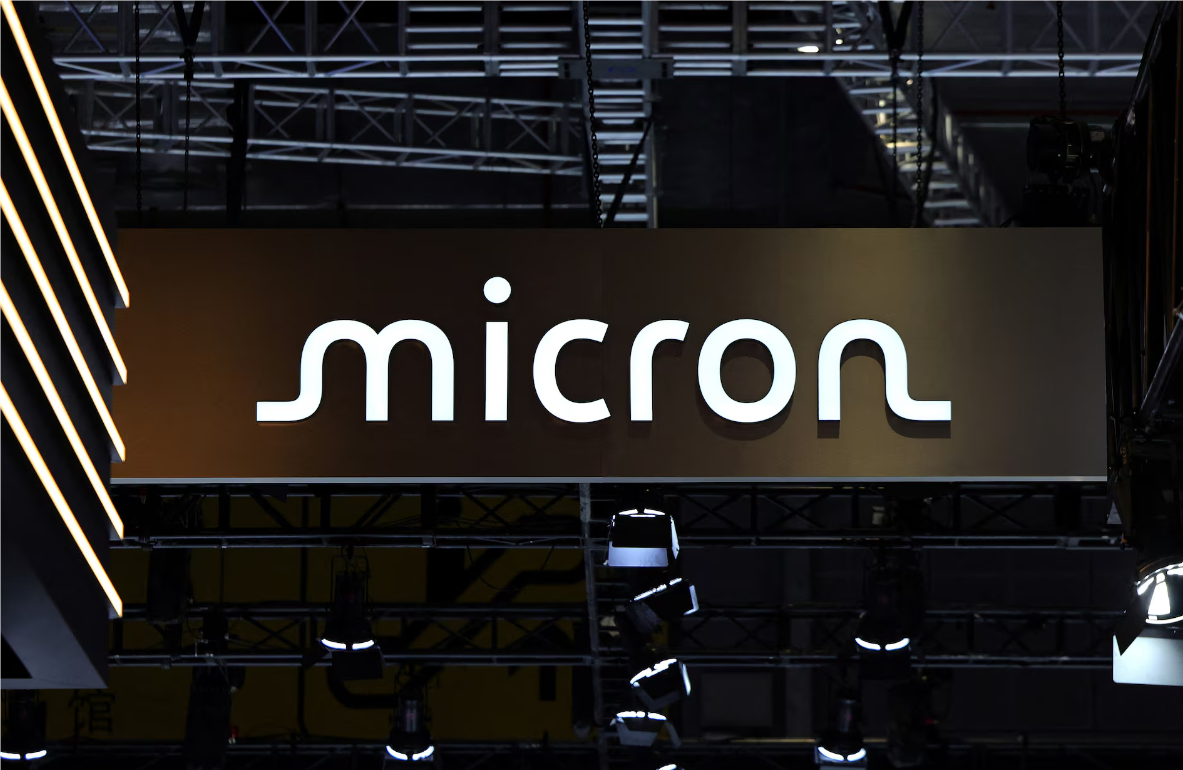November 13, 2025 /SemiMedia/ — Taiwan Semiconductor Manufacturing Co. (TSMC) plans to raise wafer prices for sub-5nm nodes by 8% to 10% starting in 2026, according to people familiar with the matter. The move reflects the company’s strategy to manage tight capacity and sustain profitability as demand for advanced chips continues to soar.
TSMC’s 3nm and 5nm production lines remain at near-full utilization, with strong orders from customers such as Apple, Nvidia and Qualcomm. Industry observers say the foundry’s advanced nodes are under heavy demand from AI and high-performance computing clients, leaving little spare capacity through next year.
The company is also accelerating its 2nm ramp-up. Due to its technical complexity and early yield challenges, each 2nm wafer could cost around US$30,000 — roughly 50% higher than 3nm wafers. Analysts expect Apple’s A20 processor to debut only in premium iPhone 18 Pro models, while AMD is preparing 2nm-based EPYC “Venice” CPUs and Instinct MI400 GPUs for launch in 2026.
According to TSMC’s latest quarterly report, advanced processes now account for 74% of revenue, led by 5nm (37%) and 3nm (23%). That share is expected to rise further as 2nm production ramps up in 2026.
In a broader industry context, Samsung and Intel are intensifying competition at the leading edge. Samsung plans to mass-produce its second-generation 3nm GAA technology in 2025, targeting AI chip customers, while Intel is positioning its 18A process to regain footing through Intel Foundry Services. Despite the rivalry, analysts note that TSMC continues to maintain a clear edge in yield performance, ecosystem maturity and customer trust.
With AI, automotive and data-center demand climbing, TSMC’s pricing move underscores its confidence in sustained demand and its enduring leadership in advanced semiconductor manufacturing.












All Comments (0)